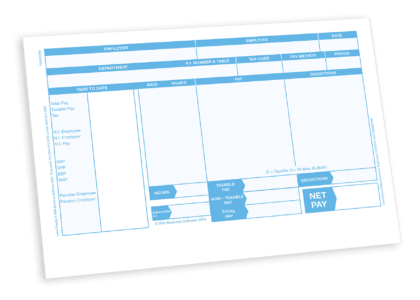Exceptions in the reparation of documents and records related to the workers in Turkey
Before taking action against the workers in Turkey according to the Labour Law, it should be checked whether the workplace or the employee is covered by the Labour Law No. 4857. Therefore, it is necessary to take action according to the Code of Obligations for the persons who are excluded from the scope of the law and who work under an employment contract. When the provisions of the Labour Law are evaluated, it is seen that exceptions may occur in many cases. In the first case, Article 4 of the Labour Law regulates the exceptions, and in the other case, the distinction between continuous and discontinuous work is important. A third situation arises from the Social Services Law No. 2828.
In this case, in accordance with Article 4 of Law No. 4857,
- In sea and air transport (but,
1. Loading and unloading of ships on land and from land to ships on the coasts or in harbours and piers
2. Work carried out in all ground facilities of aviation is covered by the law).
- In agricultural and forestry workplaces or enterprises employing less than 50 workers in Turkey (even if less than 50 workers are employed in an agricultural workplace, according to Article 113 of the Labour Law, the provisions of Article 32 on wages, Article 35 on the reserved part of the wage, Article 37 on wage calculations, and Article 38 on wage deduction penalty shall be applied together with the relevant penalty articles. (However,
1. If the number of workers employed at the workplace in Turkey is 51 or more,
2. About the work seen in workshops and factories where agricultural arts and agricultural tools, machinery and parts are made,
3. In construction works carried out in agricultural enterprises,
4. In park and garden works open to the public or as an annex of the workplace,
5. Water workers in Turkey working at sea who are not covered by the maritime labour law and are not considered as agricultural workers and the provisions of the law on works related to producers shall apply).
- All kinds of construction works related to agriculture within the limits of family economy,
- Domestic and handicraft work between members of a family and their relatives up to and including the third degree (including the third degree) without the participation of outsiders;
- In domestic services,
- About the apprentices,
- About the athletes,
- About the rehabilitated ones,
- Article 2 of the Law No. 507 on Tradesmen and Craftsmen was changed to the Law No. 5362 on Tradesmen and Craftsmen Professional Organisations adopted on 7.6.2005, and the definition of tradesmen was included in Article 3 of the new law. – (Accordingly, it is not sufficient for an employer to be only a tradesman or craftsman or for only three persons to work in the workplace. Both conditions must be fulfilled together. Additionally, in accordance with the definition of tradesman, since the tradesman continues his own work in the workplace, it is necessary to include the tradesman himself in the work of three people mentioned in the expression.) (Even if less than 3 workers in Turkey are employed in such a workplace, according to Article 113 of the Labour Law, Article 32 of the Labour Law titled wage, Article 35 titled reserved part of the wage, Article 37 titled wage calculation sheet and Article 38 titled wage deduction penalty will be applied together with the relevant penalty articles.)
4857 numbered labour law provisions will not be applied. Although it cannot be specifically listed among the exceptions of Article 4, another regulation that functions in this sense is the last paragraph of Article 74 of the law regulating maternity and parental leave. According to the aforementioned regulation, the provisions of the article shall apply to all kinds of workers in Turkey who work under an employment contract and who are or are not covered by the law. Accordingly, a worker who is not covered by the law (for example, an air hostess working in the air or a male pilot in certain senses) will benefit from maternity and maternity leave and other rights under the article, provided that he/she works under an employment contract.
In the second case, the distinction between continuous and discontinuous work regulated in Article 10 of the Labour Law No. 4837 is important. Accordingly, as explained above, for the works lasting at most thirty working days in terms of their qualifications, notification of the workplace (Article 3), service contract (Article 8), the limits of the distinction between fixed and indefinite term employment contract (Article 12), part-time and full-time employment contract (Article 13), on-call work (Article 14), trial period (Article 15), serial termination (Article 17), The provisions on the responsibility of the new employer (Article 23), termination of the employment contract and other related issues (Articles 24, 25, 26, 27 and 28), collective dismissal (Article 29), obligation to employ (Articles 30 and 31), failure to pay wages on time (Article 34), annual leave and related issues (Articles 53-59), employee personnel file (Article 75), severance pay fund (temporary Article 6) will not apply.
In the third case, according to Article 16 of the Social Services Law No. 2828, domestic social service units are covered by the first paragraph of Article 4 of the Labour Law No. 4857. In other words, home-type social service units to be established in accordance with the Law No. 2828 are considered within the exceptions of the Labour Law. Accordingly, the provisions of the Labour Law shall not apply to the employees working in these service units.





